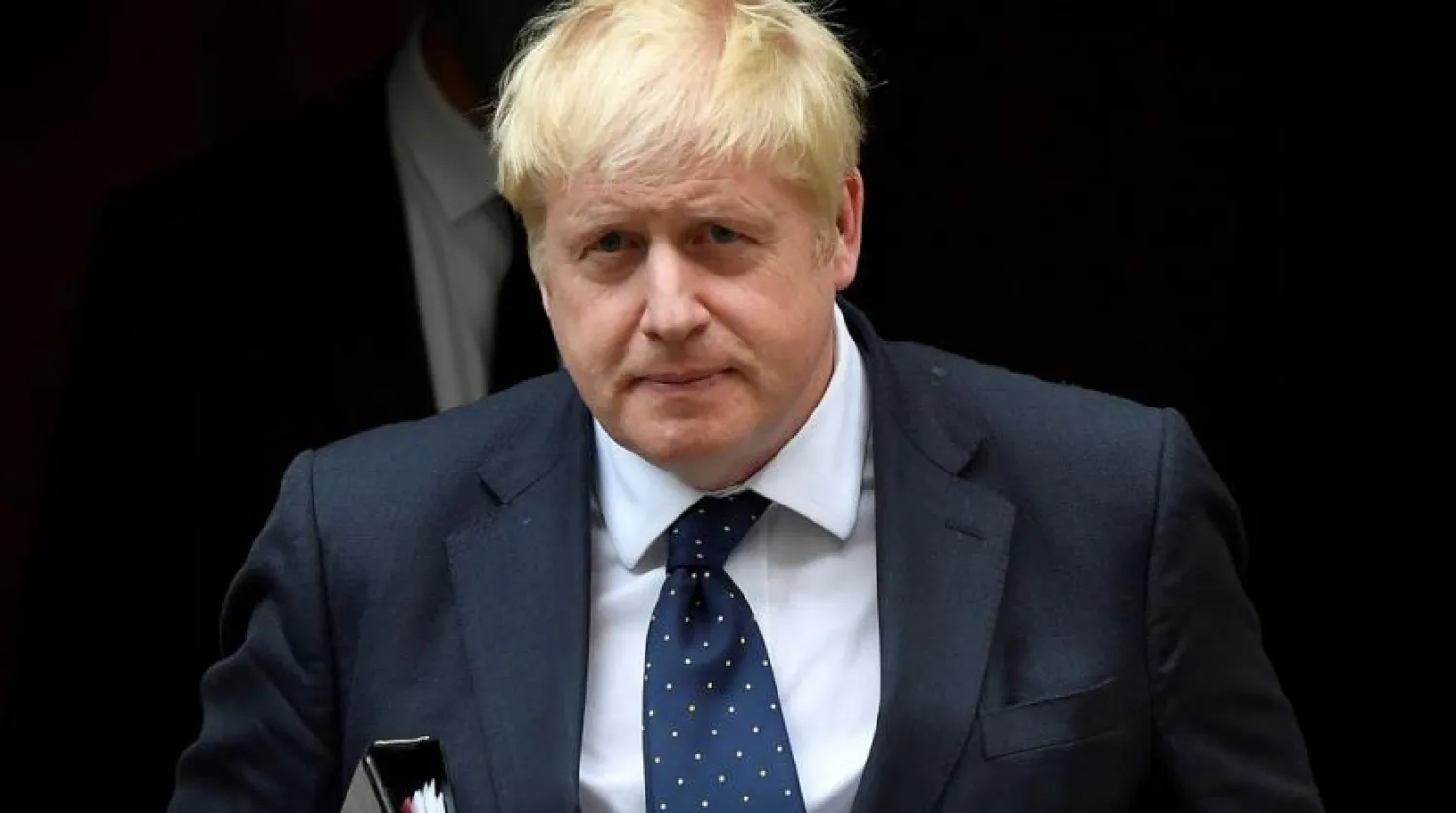Boris Johnson travels to Kyiv Tuesday for talks with Ukraine's President Volodymyr Zelensky, as tensions with Russia rise and the British prime minister battles the biggest crisis of his premiership.
"It is the right of every Ukrainian to determine how they are governed. As a friend and a democratic partner, the UK will continue to uphold Ukraine's sovereignty in the face of those who seek to destroy it," Johnson said in a statement.
"We urge Russia to step back and engage in dialogue to find a diplomatic resolution and avoid further bloodshed," he added.
The trip comes as Johnson's position continues to hang in the balance, with police investigating reports of lockdown-breaching parties held at his London residence and office during Covid lockdowns, AFP said.
The prime minister apologized on Monday after a report by a senior civil servant criticized his government for "failures of leadership and judgment" over the rule-breaking.
The affair -- dubbed "partygate" -- has cost Johnson the support of MPs from his Conservative party, sparked public outrage and led to opposition calls for his resignation.
- Intensified diplomacy -
Fears of an imminent Russian incursion in Ukraine have grown in recent days, despite denials from Moscow and pleas from Zelensky to avoid panic over a massive Russian military build-up on the border.
Johnson's announcement was part of the latest flurry of diplomatic responses to the crisis.
Russian President Vladimir Putin and his French counterpart Emmanuel Macron on Monday discussed Ukraine tensions and concerns over security in Europe during a phone call.
Meanwhile Russia and the United States clashed over Ukraine at the UN Security Council.
"The UK has long been a staunch supporter of Ukrainian sovereignty. Since 2015, British Armed Forces have trained over 22,000 Ukrainian troops to defend themselves," the British statement said.
Johnson and Zelensky will on Tuesday discuss the "ongoing Russian hostile activity", the statement added, covering "the full range of strategic UK support to Ukraine".
More than 100,000 Russian troops are massed on Ukraine's doorstep and Putin has made repeated demands to restrict Ukraine's right to pursue NATO membership and self-defence.
Russia has repeatedly denied it poses a threat to Ukraine and demanded that the United States will not establish new military bases in ex-Soviet countries.
Britain's Foreign Minister Liz Truss -- touted as a potential contender to succeed scandal-plagued Johnson -- will not accompany Johnson on the trip after testing positive for coronavirus on Monday.
"I tested positive for Covid this evening. Thankfully I've had my three jabs and will be working from home while I isolate," she wrote on Twitter.
Truss told the British parliament on Monday that the government was putting through "the toughest sanctions regime against Russia we've ever had".
"Those in and around the Kremlin will have nowhere to hide," she said.
Johnson is set to speak to Putin, telling parliament on Monday he would do so "as soon as I can", while urging the Russian leader to choose the diplomatic path on the Ukraine issue.









